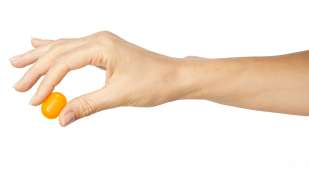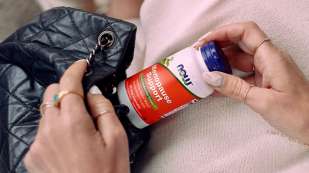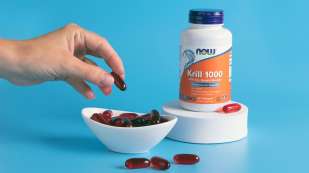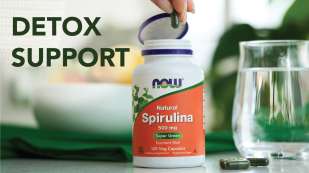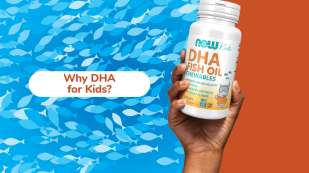Use coupon code RESCUE with your purchase of $60 or more for a free†
Hydration Rescue CapsulesFish Oil FAQs
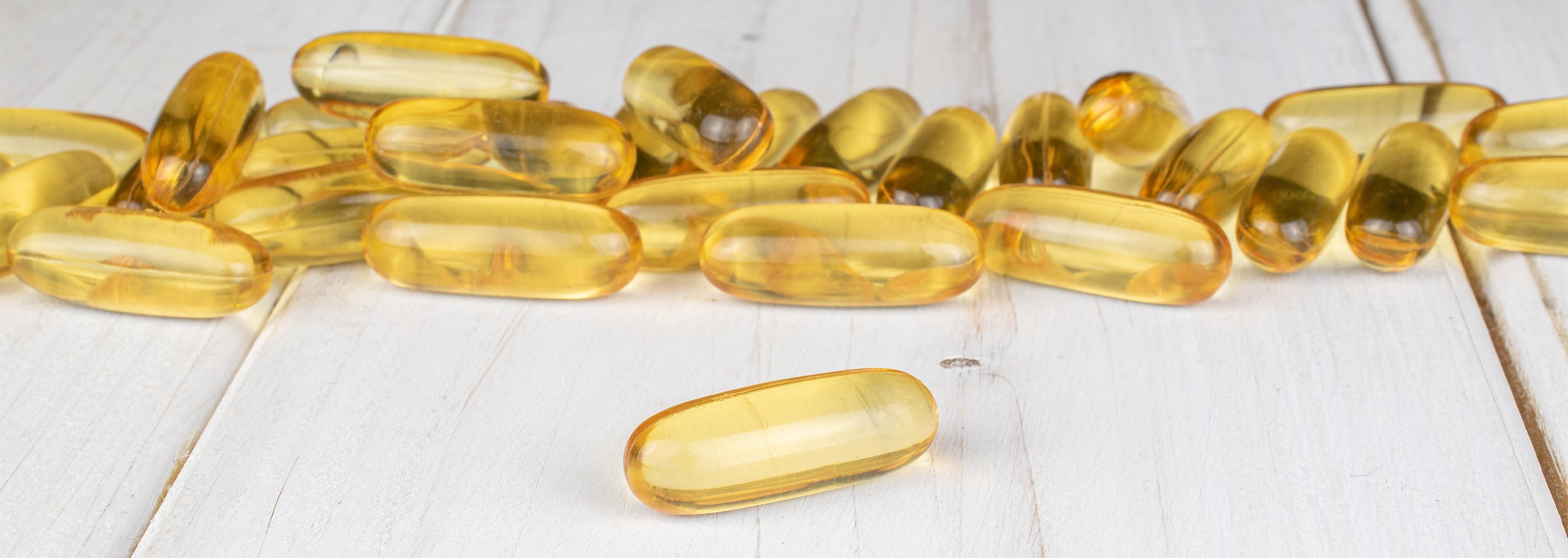
What is GOED certification and why is it important?
We are happy to display the Global Organization for EPA and DHA Omega-3 (GOED) Proud Member logo, which was created to allow members of GOED to showcase their commitment to integrity, responsible behavior, and the production of quality omega-3 products. This is important to us to demonstrate NOW’s dedication to high-quality products that are efficacious while also being conscious of sustainability.
What were NOW’s results in GOED’s 2022 Randomized Testing Program?
The Global Organization of EPA and DHA Omega-3s (GOED) completed its 2022 Randomized Testing Program and found NOW’s Molecularly Distilled Omega-3 to be compliant with the GOED Voluntary Monograph quality parameters. GOED analyzed 24 omega-3 EPA/DHA finished products from the global market to obtain an annual, random report addressing the quality of the finished product (Download Results). The aim is to guarantee, and improve where needed, the overall quality of GOED member products on the market. This is just another assurance to NOW customers that we are dedicated to providing the highest quality products.
Should I be concerned that fish oil dissolves Styrofoam®?
No. While most people are alarmed when they see the reaction that certain fish oils have with Styrofoam® (polystyrene), in chemistry these reactions are normal and expected for some food grade materials.
Why does fish oil dissolve Styrofoam®?
All edible oils are made up of fatty acids, and these fatty acids are made up of a long chain of hydrocarbon molecules. With fish oils, some contain triglycerides and some contain ethyl esters. Both the triglyceride form and the ethyl ester form first need to be digested and broken down to a free fatty acid for absorption from the human gastrointestinal tract. After uptake, the free fatty acid is then converted to a triglyceride form by the addition of already available triglycerides from circulating lipids (fats).
In the example of fish oils, ALL will react with Styrofoam® over time, and the length of time is determined by the number of chemical bonds in each type of fish oil. Triglycerides will take longer to react with Styrofoam®, while oils bonded to ethyl esters, which have more chemical bonds, will penetrate it faster.
In chemistry, there is a common saying to describe how polar and nonpolar solvents react with similar solutes, “like dissolves like”. This refers to similar numbers of molecular bonds in each material that allows one to more quickly dissolve the other. Both edible oils and Styrofoam® are nonpolar, and by edible oils, we are referring to crude items like olive oil, palm oil, and fish oils.
Can you explain more about chemical polarity?
Chemical polarity plays a role in how compounds react with one another. Polarity refers to the electro-magnetic charges of a molecule or the attraction between the positively and negatively charged parts of a molecule. Compounds are considered polar due to the unequal sharing of electrons, and water is a polar compound. A compound is nonpolar when the electric charge is balanced; edible oils are nonpolar. With magnetic fields, like charges oppose one another, opposites attract. With polarity, compounds with differing polarities do not react (mix) quickly, while those with the same polarity do readily mix. A chemical reaction occurs when a nonpolar compound comes into contact with another nonpolar one, like when fish oil is put into a Styrofoam cup. We all know that oil and water do not mix, water being polar will not react (mix) with oil which is nonpolar. Again, “like dissolves like.” Two common compounds, sugar and salt, are both polar, and being polar in nature, they readily mix with water, another polar compound.
Polystyrene, a moisture resistant foam, commonly known as Styrofoam®, is formed from a long chain of polymers. This plastic is used in the manufacture of coffee cups and plates as an insulator and other packaging materials, and also happens to be nonpolar. What makes Styrofoam® ideal for holding liquids is that as a nonpolar compound it will not react with the water used to make coffee, tea, and other beverages. This same material will react with any form of edible oil such as olive oil, lemon oil, and fish oil. This reaction is naturally occurring and is based solely upon the chemical properties of both compounds and the polarity of each. While it will take varying amounts of time for an oil to dissolve Styrofoam® due to each oil’s unique number of chemical bonds, given enough time all oils will eventually do so. But the rate of dissolving polystyrene does not suggest any negative effects of taking any edible oils, including the ethyl ester form of fish oil or lemon oil, which act similarly on Styrofoam®.


